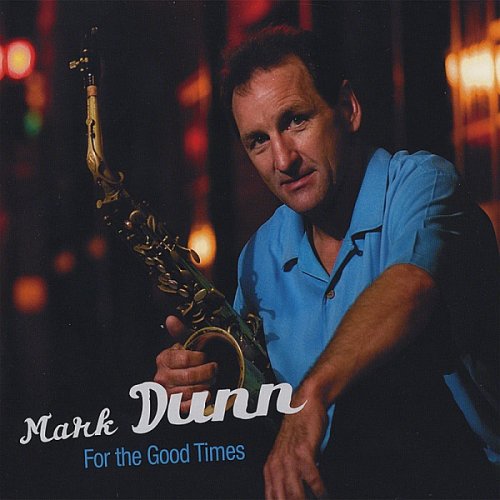Anders Eidsten Dahl - Mozart and the Organ (2023) [Hi-Res]
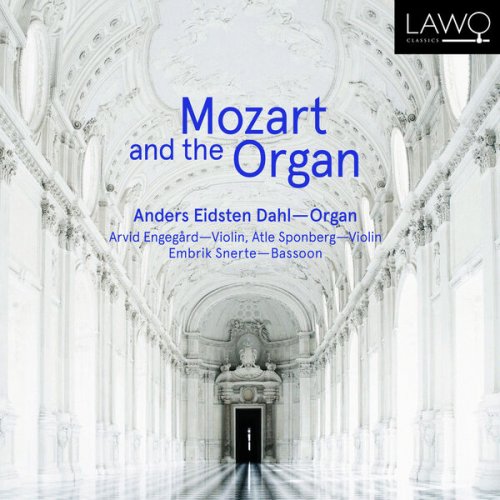
Artist: Anders Eidsten Dahl
Title: Mozart and the Organ
Year Of Release: 2023
Label: Lawo Classics
Genre: Classical
Quality: FLAC (tracks) / 24bit-192kHz FLAC (tracks+booklet)
Total Time: 01:14:27
Total Size: 324 MB / 2.59 GB
WebSite: Album Preview
Tracklist:Title: Mozart and the Organ
Year Of Release: 2023
Label: Lawo Classics
Genre: Classical
Quality: FLAC (tracks) / 24bit-192kHz FLAC (tracks+booklet)
Total Time: 01:14:27
Total Size: 324 MB / 2.59 GB
WebSite: Album Preview
1. Church Sonata in E-Flat Major, K. 67/41h (1:38)
2. Church Sonata in B-Flat Major, K. 68/41i (2:26)
3. Church Sonata in D Major, K. 69/41k (2:31)
4. Church Sonata in D Major, K. 144/124a (2:50)
5. Church Sonata in F Major, K. 145/124b (2:27)
6. Church Sonata in B-Flat Major, K. 212 (2:54)
7. Church Sonata in G Major, K. 241 (2:24)
8. Church Sonata in F Major, K. 224/241a (4:00)
9. Church Sonata in A Major, K. 225/241b (3:45)
10. Church Sonata in F Major, K. 244 (3:17)
11. Church Sonata in D Major, K. 245 (3:24)
12. Church Sonata in G Major, K. 274/271d (3:04)
13. Church Sonata in C Major, K. 328/317c (4:09)
14. Church Sonata in C Major, K. 336/336d (4:27)
15. Adagio and Allegro in F Minor, K. 594: I. Adagio (2:45)
16. Adagio and Allegro in F Minor, K. 594: II. Allegro (7:15)
17. Adagio and Allegro in F Minor, K. 594: III. Adagio (3:05)
18. Fantasia in F Minor, K. 608: I. Allegro (3:09)
19. Fantasia in F Minor, K. 608: II. Andante - tempo primo (7:43)
20. Andante in F Major, K. 616 (7:22)
In a letter to his father Leopold, Wolfgang Amadeus Mozart wrote of his relationship to the organ: "In my eyes and ears, the organ is the queen of instruments."
In spite of his enthusiasm for the instrument and the fact that Mozart himself liked to play the organ, he did not compose much music for "the queen of instruments". The organists of the day improvised when they played for mass, and the organ at that time was not a concert instrument in need of a wide-ranging repertoire.
Mozart's original music for organ consists of 17 one-movement "Epistle sonatas" -- chamber music written between 1772 and 1780 for masses in Salzburg. The instrumentation for 14 of these is two violins and basso continuo, while the remaining three are written for more instruments. The pieces are short -- this is music written to be played between the reading of texts. The organ is given an ever greater concertizing role from the first to the last, and the Sonata in C (K336) can be described as a small organ concerto.
In 1790 Mozart was commissioned to write music for what was known as a "Flotenuhr" -- a large grandfather clock containing a self-playing organ. The instrument was popular at the time -- there are also compositions for the instrument written by Handel, C.P.E. Bach and Haydn. Often the music was meant to describe an event or situation -- the music Mozart was commissioned to write was to be played in a wax museum in memory of Field Marshal Laudon. Mozart was not especially fond of the "Flotenuhr" as an instrument, yet the works are compositions of exceptionally high musical quality. Here the mature Mozart reveals his gifts as a contrapuntalist and his ability to create singable melodies and forward-looking harmonies. The pieces are virtuosic and to some extent must be arranged if they are to be played by someone performing them on the organ.
In addition to organist Anders Eidsten Dahl, the musicians playing on the 14 Church Sonatas are violinists Arvid Engegard and Atle Sponberg and bassoonist Embrik Snerte. Mozart's work for "Flotenuhr" was recorded in St. Margaret's Church in Oslo on an organ clearly inspired by southern German baroque organs.
In spite of his enthusiasm for the instrument and the fact that Mozart himself liked to play the organ, he did not compose much music for "the queen of instruments". The organists of the day improvised when they played for mass, and the organ at that time was not a concert instrument in need of a wide-ranging repertoire.
Mozart's original music for organ consists of 17 one-movement "Epistle sonatas" -- chamber music written between 1772 and 1780 for masses in Salzburg. The instrumentation for 14 of these is two violins and basso continuo, while the remaining three are written for more instruments. The pieces are short -- this is music written to be played between the reading of texts. The organ is given an ever greater concertizing role from the first to the last, and the Sonata in C (K336) can be described as a small organ concerto.
In 1790 Mozart was commissioned to write music for what was known as a "Flotenuhr" -- a large grandfather clock containing a self-playing organ. The instrument was popular at the time -- there are also compositions for the instrument written by Handel, C.P.E. Bach and Haydn. Often the music was meant to describe an event or situation -- the music Mozart was commissioned to write was to be played in a wax museum in memory of Field Marshal Laudon. Mozart was not especially fond of the "Flotenuhr" as an instrument, yet the works are compositions of exceptionally high musical quality. Here the mature Mozart reveals his gifts as a contrapuntalist and his ability to create singable melodies and forward-looking harmonies. The pieces are virtuosic and to some extent must be arranged if they are to be played by someone performing them on the organ.
In addition to organist Anders Eidsten Dahl, the musicians playing on the 14 Church Sonatas are violinists Arvid Engegard and Atle Sponberg and bassoonist Embrik Snerte. Mozart's work for "Flotenuhr" was recorded in St. Margaret's Church in Oslo on an organ clearly inspired by southern German baroque organs.
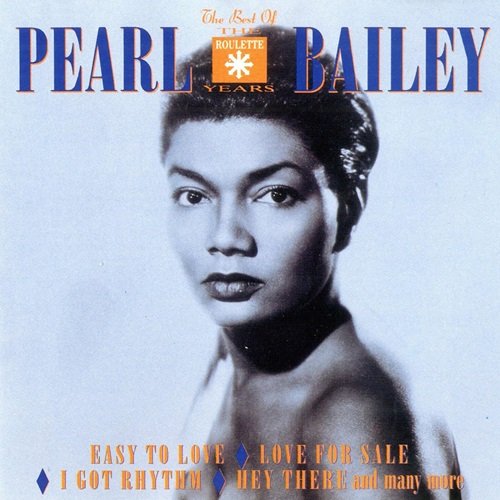
![Ingrid Jensen - Landings (2026) [Hi-Res] Ingrid Jensen - Landings (2026) [Hi-Res]](https://www.dibpic.com/uploads/posts/2026-02/1772179914_cover.jpg)
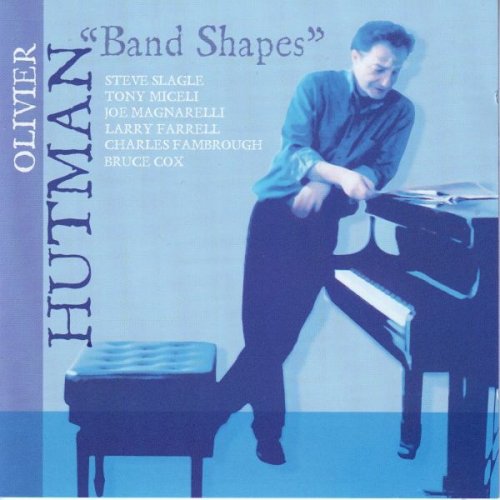
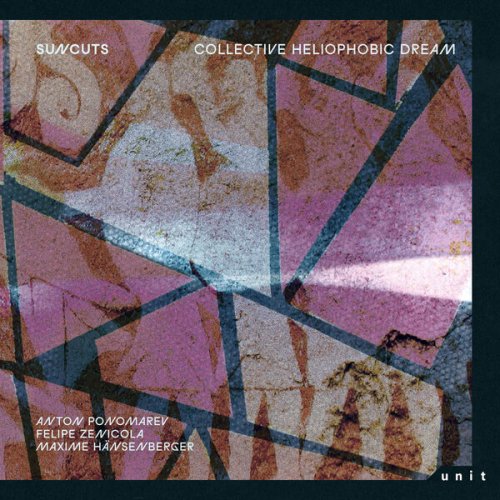
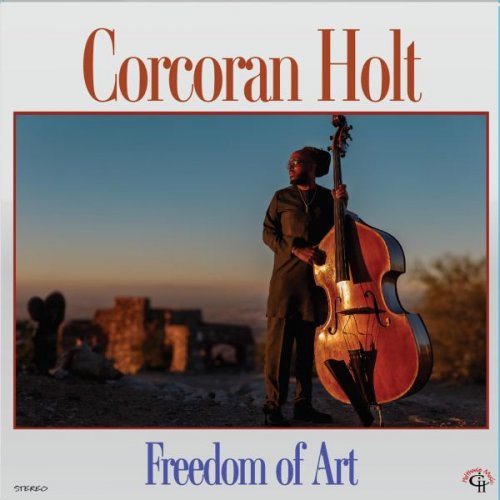
![El Calefón - Salir Del Agujero (2026) [Hi-Res] El Calefón - Salir Del Agujero (2026) [Hi-Res]](https://img.israbox.com/img/2026-02/26/sm3fq4x280rjvn4eh85ksne6j.jpg)
![Quinsin Nachoff - Patterns from Nature (2026) [Hi-Res] Quinsin Nachoff - Patterns from Nature (2026) [Hi-Res]](https://img.israbox.com/img/2026-02/27/85nl7kuvtne1twyima48wpdro.jpg)
![Asher Gamedze - A Semblance: Of Return (2026) [Hi-Res] Asher Gamedze - A Semblance: Of Return (2026) [Hi-Res]](https://www.dibpic.com/uploads/posts/2026-02/1772032727_a2374104512_10.jpg)
